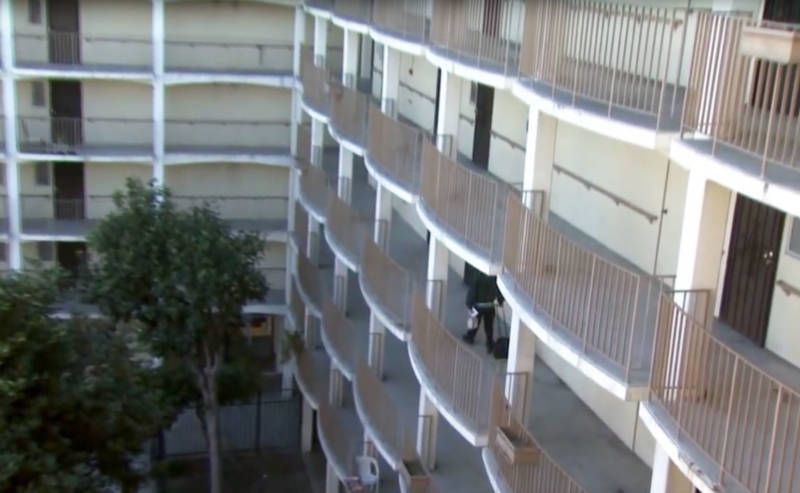In Richmond, some of the poorest, oldest and most vulnerable people in the Bay Area have lived in recent years in squalor and fear due to the housing agency’s mismanagement and neglect, the Center for Investigative Reporting found in a 2014 report.
The city has yet to decide on new partners, although the Contra Costa County Housing Authority has emerged as one possible white knight. The county housing agency could step in to oversee Richmond's Section 8 program, which provides rental vouchers to low-income tenants.
As part of the handoff process, Richmond plans to sell off its six public housing developments, Butt said. Management of them, he said, would be transferred to various private affordable housing developers.
"We're certainly willing to speak with the city if they ask us," said Joseph Villarreal, director of the Contra Costa County Housing Authority.
He noted that Richmond's problems are certainly not unique: His agency recently took over the management of low-income housing programs in nearby San Pablo.
"Because of federal funding continuing to dry up, you have seen housing authorities basically close their doors," he said.
Housing advocates in Richmond are cautiously optimistic about the planned transfer of responsibility.
"I think it depends on the implementation and the transition strategy," said Nikki Beasley, director of the nonprofit Richmond Neighborhood Housing Services.
"We would love to see the housing authority continue to perform in Richmond because there's a large population of residents that are reliant on (it). However, if it's not sustainable, we just want to make sure that the transitional plan does not negatively impact the residents."

